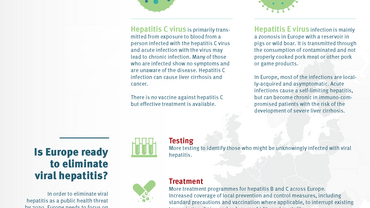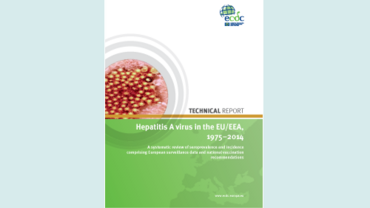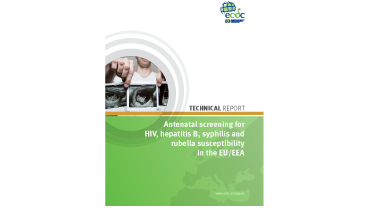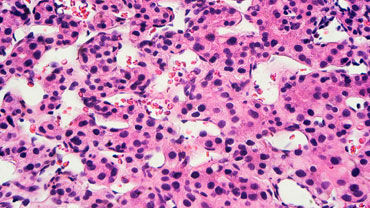World Hepatitis Day 2017
On the occasion of World Hepatitis Day, ECDC Director Andrea Ammon highlighted the need for Europe to scale-up coverage of testing, prevention interventions and linkage to suitable treatment services in order to achieve the target of eliminating viral hepatitis as a public health issue by 2030.
World Hepatitis Day is marked on 28 July each year to increase the awareness and understanding of viral hepatitis.
The five known hepatitis viruses are types A, B, C, D and E.
ECDC coordinates the enhanced surveillance for hepatitis A (HAV), B (HBV) and C (HCV) to help countries assess the hepatitis disease burden, evaluate existing prevention and control strategies, and to define epidemiological trends or transmission patterns. ECDC has identified a need to closer explore and assess the emerging threat of HEV to humans in EU/EEA.
Viral hepatitis affects millions of people across Europe but as many infections are accompanied by no symptoms, the ‘silent disease’ is often not diagnosed. Left untreated, chronic infection with hepatitis B and C may progress to liver cirrhosis or cancer. Acute HEV infections cause a self-limiting hepatitis, but can become chronic in immuno-compromised patients with the risk of liver cirrhosis.
In 2016, a regional action plan for Europe that aims to contribute to the implementation of the global viral hepatitis elimination strategy until 2030 was developed by the WHO Regional Office for Europe. This action plan particularly focusses on hepatitis B and C. In a joint analysis, ECDC, the European Centre for Drugs and Drug Addiction (EMCDDA) and the WHO Regional Office for Europe recently found that regarding the epidemiological and programmatic indicators of the action plan “current data sources in most EU/EEA countries are insufficient, particularly for assessing the epidemiological burden and for monitoring the different steps along the cascade of care”.
In short: Europe still has some way to go if it wants to eliminate viral hepatitis by 2030
ECDC, EMCDDA and WHO are working in close collaboration to help countries improve the quality of relevant data sources and support countries in their efforts to scale up prevention and control activities.














